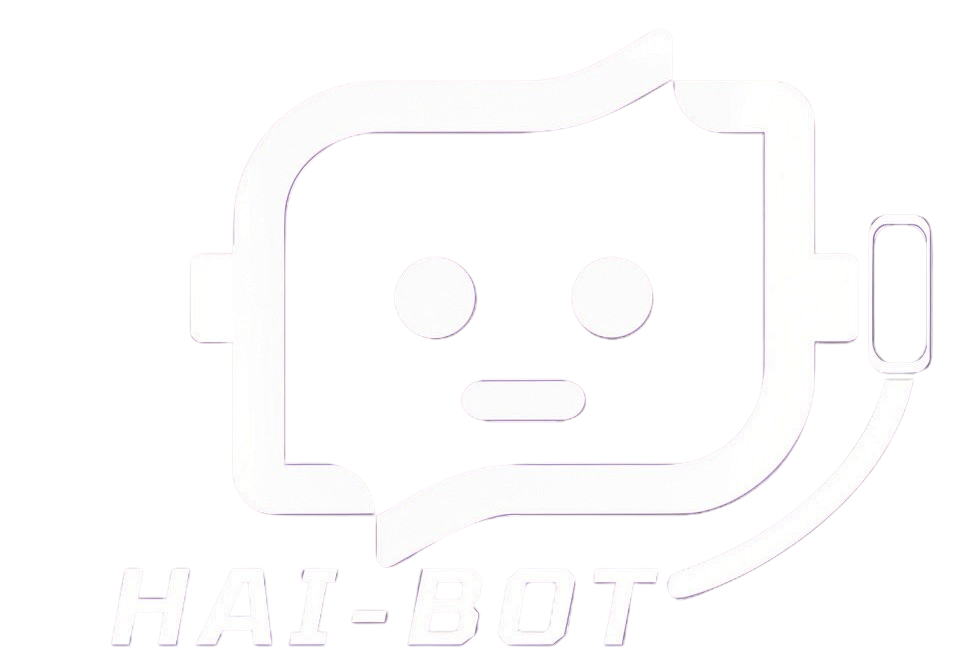Have you ever chatted with a company's customer service online? Chances are, you've talked to a chatbot. But did you know there are two main types of chatbots? Let's explore the difference between AI chatbots and rule-based chatbots in customer service.
Rule-Based Chatbots: The Simple Helpers
Think of rule-based chatbots as robots following a script. They work like this:
- The company creates a list of common questions and answers.
- When you ask a question, the chatbot looks for keywords in your message.
- It then gives you the pre-written answer that matches those keywords.
These chatbots are great for simple, common questions like 'What are your store hours?' or 'How do I reset my password?' They're fast and reliable for basic tasks.

Image: Chatbot communication on a smartphone
AI Chatbots: The Smart Conversationalists
AI chatbots, on the other hand, are like talking to a smart assistant. Here's how they work:
- They use artificial intelligence to understand your question, not just look for keywords.
- They can learn from past conversations to get better over time.
- They can handle more complex questions and even understand context.
AI chatbots can often help with trickier problems or questions that don't have a simple, pre-written answer.
The Big Differences
- Flexibility: AI chatbots can handle a wider range of questions and understand context better. Rule-based chatbots are limited to their pre-programmed responses.
- Learning: AI chatbots can improve over time as they interact with more customers. Rule-based chatbots stay the same unless manually updated.
- Complexity: AI chatbots can handle more complex conversations and tasks. Rule-based chatbots are best for simple, straightforward queries.
- Cost: Rule-based chatbots are usually cheaper to set up and maintain. AI chatbots can be more expensive but often provide better service.
Both types of chatbots can be useful for customer service. The choice depends on a company's needs, budget, and the complexity of customer questions they typically handle.
